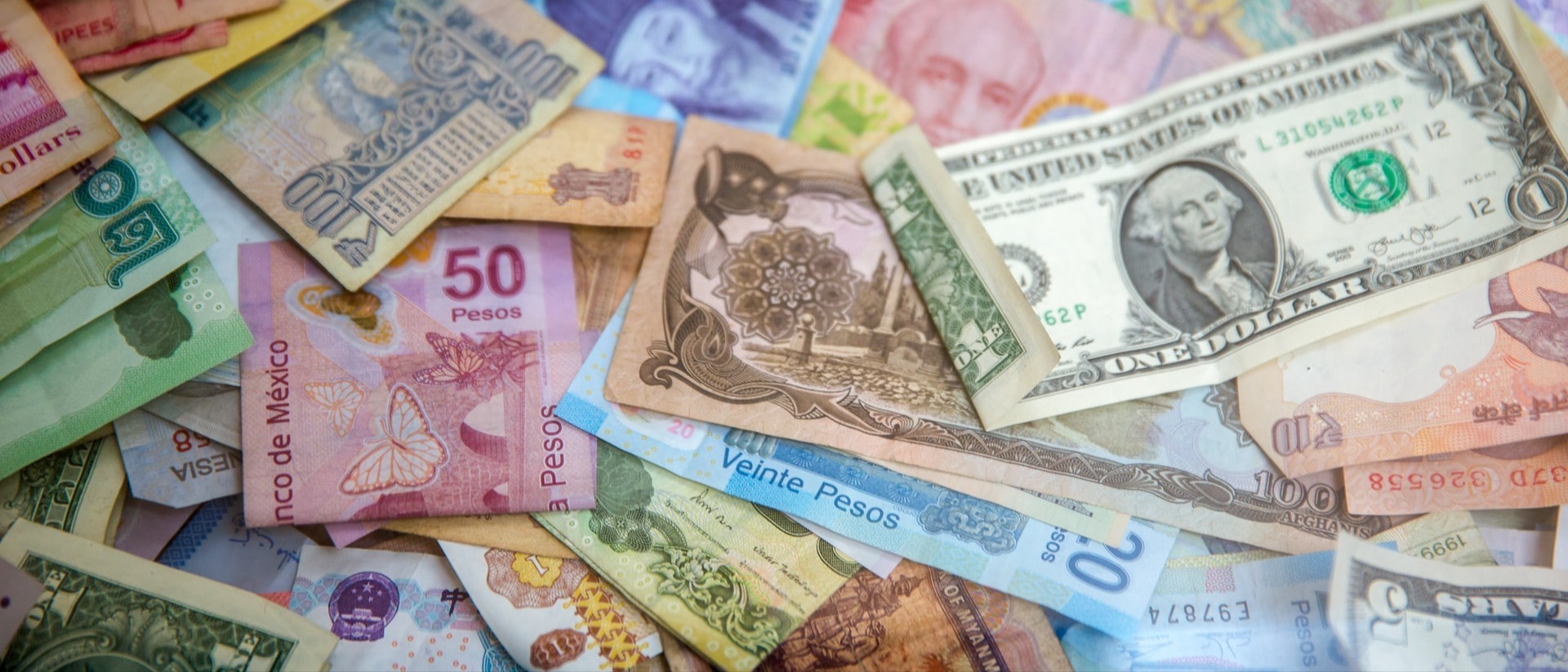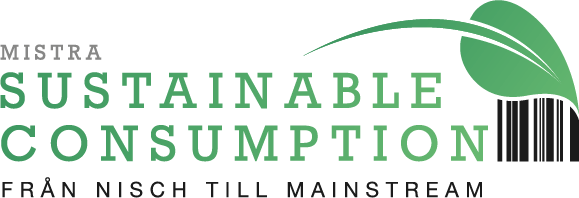
Economic factors
One of the most prominent factors influencing travel is economic factors, in various forms. Described below are some that have been identified in earlier research.
According to Wall & Mathieson (2006), one of the three main factors influencing travel most is higher incomes. In most studies a clear link between increased travel and increased income can be seen. A clear example of this in recent years is the increase in international travel by the Chinese, which correlates to a growing middle class in China over the last 20 years as a result of the liberalisation of the economy. But we can also look at developments in Europe where big rises in income in the period after the war (the 1950s) have brought about a huge rise in leisure travel.
In line with increased travel, the price of travel has been pushed down continuously, which affects the total demand. This has also been enabled by technological and political advances (see “technological factors” and “political factors”) like computer software solutions for booking, and international trade agreements. The latter is strongly linked to deregulated and ever cheaper flights which in Europe are under pressure to lower prices as a result of agreements in the 90s. This was what sparked off the growth of the so called low cost carriers (Ryanair, Norwegian and others) which makes travel more accessible for more of us. But it’s not just the cost of travel that has gone down. Because of the tough competition and consolidation of the mass tourism market which is dominated by multinational corporations (like TUI, Thomson, Lufthansa Group and others) prices have been pressed in all areas. This phenomenon is called vertical and horizontal integration, where businesses take control of several stages of the tourist product, crossing over different customer segments (such as all inclusive or price segmentation).
A research review of 100 studies with models to measure tourism demand (Lim 1997) confirmed that higher income and transport costs are important factors. In addition to these she also pointed out that the relative price level between countries and the exchange rate figure frequently in explanatory models. These have been particularly relevant to cross-border shopping and shopping tourism.
Finally the importance of marketing should be stressed when discussing economic factors. The type and amount of marketing has been shown to have a certain influence on demand but some studies have shown at the same time that it has a considerably lower influence than other economic factors (see e.g. Crouch, 1994).
Sources
Crouch, G. I. (1994). The study of international tourism demand: a review of findings. Journal of Travel research, 33(1), 12-23.
Lee, C.-K., & Kwon, K.-S. (1995). Importance of Secondary I m p act of Foreign Tourism Receipts on the South Korean Economy. Journal of Travel Research, 34(2), 50-54.
Lim, C. (1997). "Review of international tourism demand models." Annals of Tourism Research 24(4): 835-849.
Wall, G., & Mathieson, A. (2006). Tourism: changes, impacts, and opportunities (2. ed.). Harlow, Eng. ; New York: Pearson Prentice Hall.










